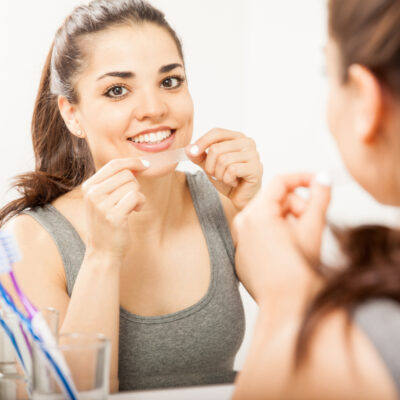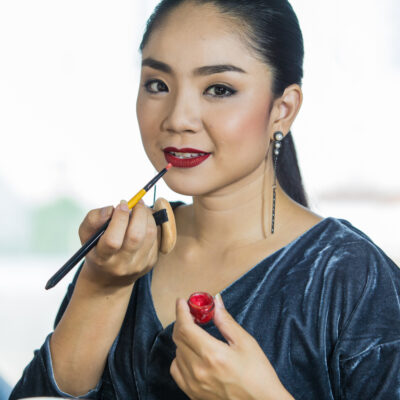
Contributing Factors for Adult Acne
It is safe to say that acne is ‘universal’, in the sense that anyone can get it at any age. Even adults who have never experienced acne during their adolescent years can get it for reasons known and unknown. Getting acne at an older age, however, make things more complicated. However, treating adult acne is not difficult, it just takes knowing your breakout triggers and doing your best to avoid or limit your exposure in the following ways:
1. Hormones
Adult acne onset has its own cause, but the most important one is hormones, which can also make acne worse and breakouts more frequent in nature. Some people continue to get acne well into their 40s and 50s or beyond. Women more than men are susceptible to adult acne due to the fact that hormone fluctuation happens around their periods, during pregnancy, and during perimenopause and menopause. The continuation or discontinuation of birth control pills can also spur acne in adulthood.
2. Stress
Studies have shown direct correlation between acne and level of stress and anxiety in daily life. If someone is leading a stressful life, chances are they will get acne even if their skin was clear before. Adult-onset acne mostly happens to women who are going through perimenopause and menopause, as hormone levels become unbalanced. However, bodies naturally respond to stress by producing more androgens, which in turn stimulate oil glands and hair follicles leading to acne breakouts.
3. Family history
Another common and well-known reason for acne is heredity. If you have a close relative (i.e., father, mother, sibling) who has acne, chances are you will get it too. Evidence suggests that some people who have a genetic predisposition are likely to get adult acne despite their efforts to keep skin clear and blemish free. Certain acne medications and acne treatments exist solely for treating adult acne due to this cause.
4. Medications
Adult acne may be a side effect of taking certain medications. For instance, certain prescription drugs such as androgenic steroids, lithium, corticosteroids, DHEA, anticonvulsants, barbiturates, and drugs that feature iodides or bromides or iodides, may trigger breakouts in adults. If taking medication is inevitable, talk to your doctor or a dermatologist and get help managing acne and frequency of breakouts.
5. Certain skincare products
Certain hair or skin products (i.e., moisturizers, foundations, etc.) may be the culprit behind your breakouts. It is important to ensure that the skincare products you purchase are non-acnegenic, oil-free, non-clogging, non-comedogenic and gentle on the skin. Sunscreen, moisturizer, and cleansers can all lead to adult acne. In addition, following a twice daily skin regimen (in the morning and before bedtime) by cleansing, toning, and moisturizing skin will help banish oil and dirt from clogging your pores and prompting a breakout.


